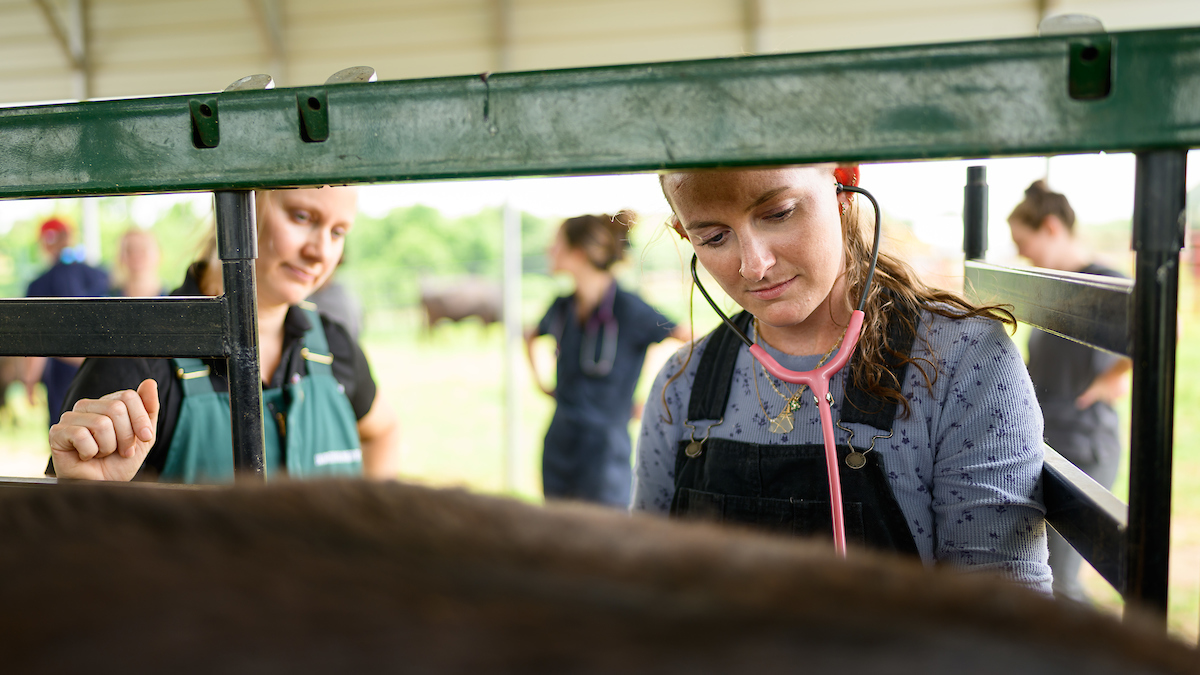Research Study Enhances Pain Treatment for Ferrets

Researchers at North Carolina State University’s College of Veterinary Medicine have helped advance the understanding of how best to treat pain in pet ferrets.
Inquisitive, affectionate, and playful, ferrets are becoming an increasingly popular pet in American homes. A member of the mustelid family—which also includes otters, mink, badgers, weasels—the animal has been domesticated for more 2,000 years, long before house cats.
The increased popularity of the animal means increasing numbers of ferret owners are bringing their pets to veterinary practices for checkups and, when necessary, diagnosis and treatment of a variety of medical conditions.
Some of these treatments may mean prescribing a medication to ease post-procedure pain or discomfort. Until now, the only analgesic drug that has been evaluated and licensed in the U.S. to treat pain in ferrets has been epidural morphine. Meanwhile, the nonsteroidal, anti-inflammatory drug (NSAID) meloxicam has been studied in humans, birds, horses, sheep, rabbits, and rodents and is commonly used to treat pain in dogs and cats. Further, meloxicam is readily available in an injectable as well as oral form.
The NC State CVM research team conducted a study of meloxicam in nine male and nine female ferrets. Among the team’s discoveries, the correct meloxicam dose may be similar to that needed for cats and dogs, and male and female ferrets may have slightly different requirements. The detailed results are published in the Journal of Veterinary Pharmacology and Therapeutics.
CVM researchers included: Sathya K. Chinnadurai, post-doctoral resident in Department of Clinical Sciences; Kristen Messenger, lecturer in anesthesiology in the Department of Biomedical Sciences; Mark Papich, professor in the Department of Biomedical Sciences; and Craig Harms, associate professor in the Department of Clinical Sciences. Drs. Chinnadurai, Papich, and Harms are also members of the CVM Environmental Medicine Consortium.


